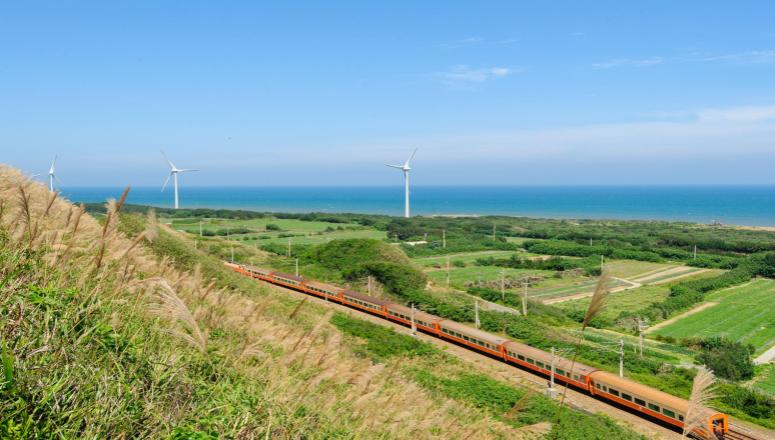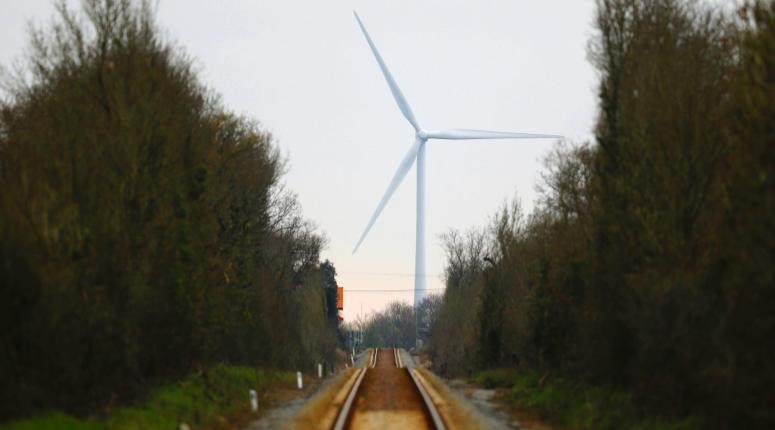SHARE
4 Railway Engineering Technologies from the Future
You have already read in our blog about new technologies applied for home services, for the construction industry, for improving refrigeration systems or to improve particular transport. However, these are only some examples and many other industries are benefiting from this huge technological development. Here, we want to show you how these evolving technologies are influencing the railway industry.
The railway industry, one of the oldest transportation industries historically, has been continuously evolving and trying new railway engineering technologies such as the MagLev (magnetic levitation train), which has proved to not be a very efficient technology. However, this industry successfully shifted from carbon in favour of electric trains.


 Hyperloop
Hyperloop
As we have seen, new technologies are affecting and creating many industries. Can you add anything for the mentioned industry? Which one will be the next to evolve thanks to technology? Join our engineering community here
Noderlande Spoorwegen: Wind Energy for Trains
What is more, railway companies are working to make that energy source even greener. Noderlande Spoorwegen (NS), the principal passenger railway operator in the Netherlands has been able to power their whole float with wind. They had signed a deal to reach that goal by January 2018, but they have been able to do it 1 year ahead of schedule. With a single wind turbine running for one hour, they have enough energy to power a train for 120 miles. In other words, with just 3 strokes they provide enough power for 1 km.
Beena Vision: Vision Tech for Tracks
We also have new tools being applied to this industry, like vision technology. Trimble has just acquired Beena Vision, a company that provides vision-based wayside detectors that will allow Train Operating Companies to manage fleet maintenance and operation through automatic measurements and inspections. This will reduce maintenance costs by inspecting trains and roads at high speeds.
Hyperloop: Elon Musk's Proposition for the Future
However, railway engineering technologies are not only improving the way we move nowadays, they are transforming the way we move around and for sure new means of transport are going to arise. One of those promising technologies is the Hyperloop, a futuristic train concept that could travel at more than 1000 km/h with renewable energies. Last year SpaceX (Elon Musk’s company) launched a competition in which the team Hyperloop UPV, from the Universitat Politecnica de Valencia, won the prizes for “Top Design Concept” and “Best Propulsion Subsystem). Hyperloop goes through a low-pressure tube in which it levitates using permanent magnets in its upper part. What Hyperloop UPV has proposed is a system in which they use electromagnets (with very low electricity consumption) to regulate the levitation depending on different variables such as weight and speed. Hyperloop
HyperloopAs we have seen, new technologies are affecting and creating many industries. Can you add anything for the mentioned industry? Which one will be the next to evolve thanks to technology? Join our engineering community here
